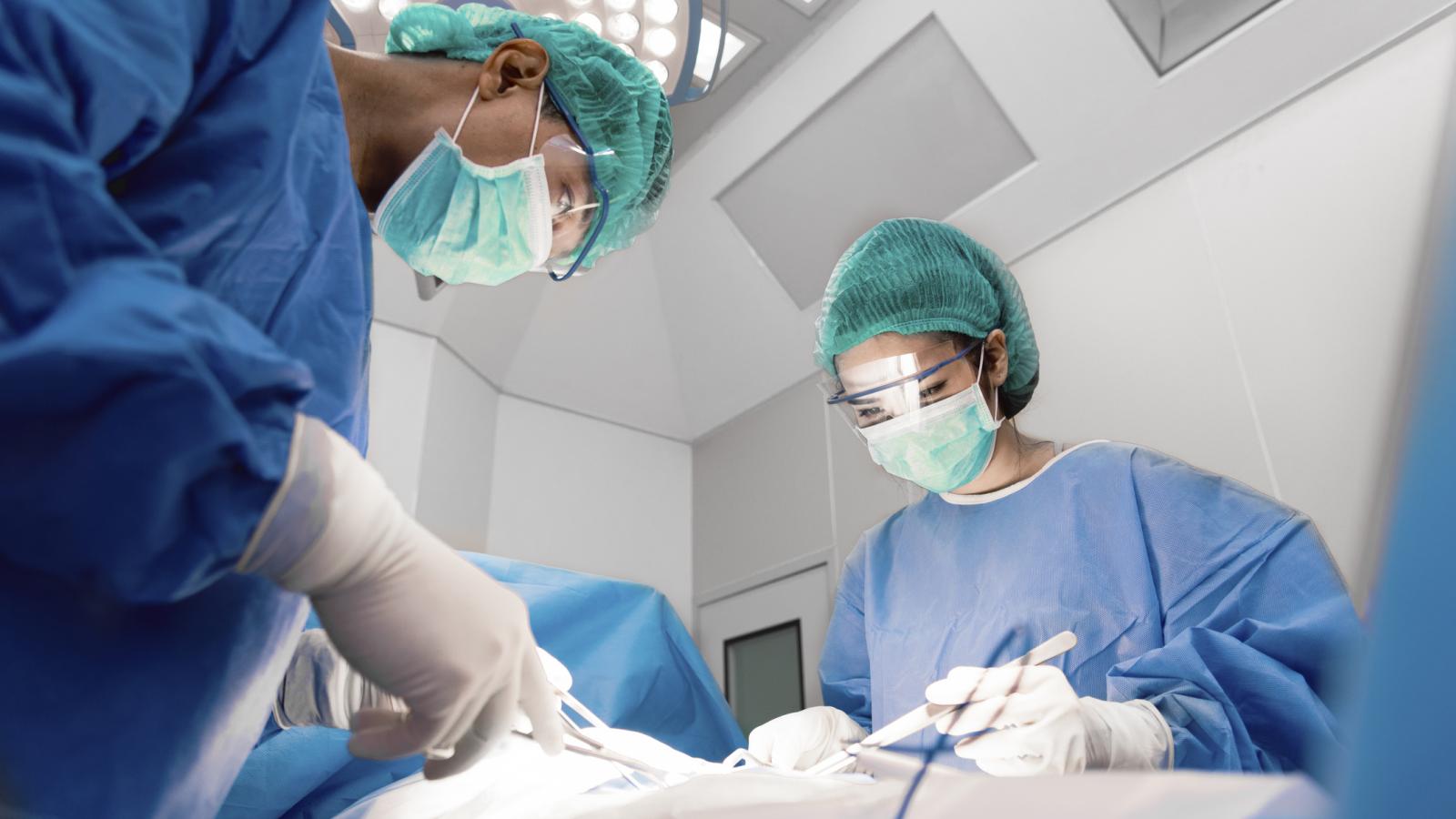Surgery for brain tumours

Most people with a brain tumour will have surgery. The aim of surgery is to:
- Remove all the tumour, or as much of the tumour as is safely possible.
- Improve any symptoms you have by reducing the size of the tumour. Removing some of the tumour is called a partial resection or debulking.
- Let your surgeon take a sample of your tumour (biopsy). The sample will be tested by a doctor called a pathologist to give more information about your tumour.
Types of brain tumour surgery
There are different types of surgery for brain tumours:
- Craniotomy: Opening the skull to remove all or part of the brain tumour
- Transsphenoidal surgery: Operating on the tumour through the nose
- Shunting: Putting a tube into the brain to drain fluid causing pressure
The type of surgery you have will depend on the size of the tumour, where it is in the brain and your general health. We have information on the different ways of doing brain tumour surgery.
Brain surgery is not a suitable treatment for everyone. If a surgeon is removing brain tissue there is a risk of causing damage to nearby parts of the brain. This can cause serious side-effects. Your surgeon may not recommend surgery or may not remove the whole tumour if they think it may damage other parts of your brain. If surgery is not an option for you, you may be treated with radiotherapy and /or chemotherapy.
Lots of people feel worried about having brain surgery. The idea of an operation inside your head can be scary and you may worry that something might go wrong. There are risks with any surgery, but remember that:
Your medical team will only suggest brain surgery if they expect you to recover well from the surgery.
Neurosurgeons are highly skilled.
Brain surgery happens all the time and is safer and more successful than it has ever been.
If you’re worried, talk to someone on your medical team, or talk to one of our cancer nurses. Call our Support Line on 1800 200 700 or drop in to a Daffodil Centre.
For more information
Phone
1800 200 700



